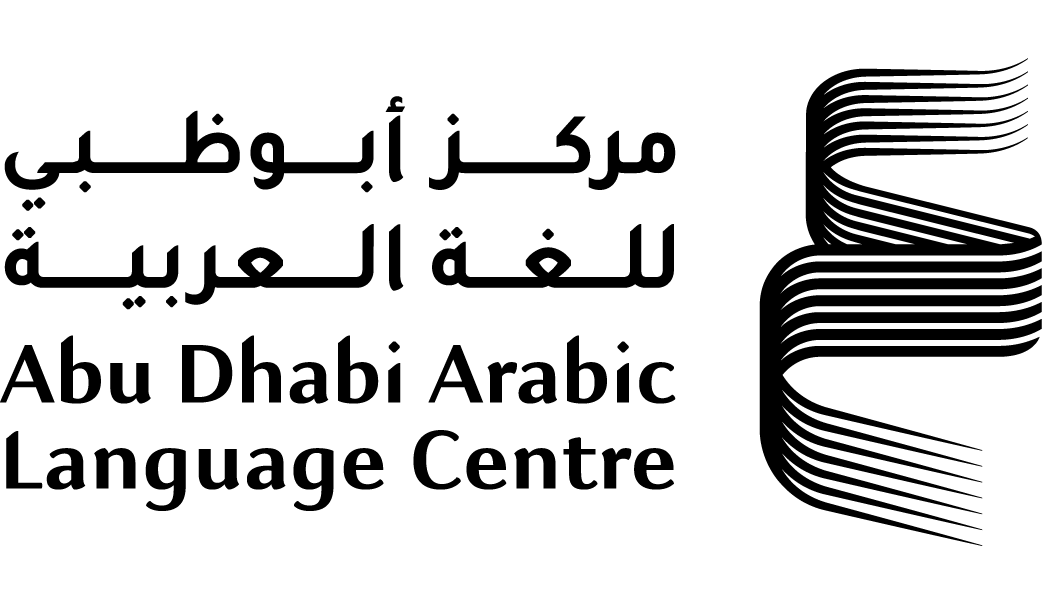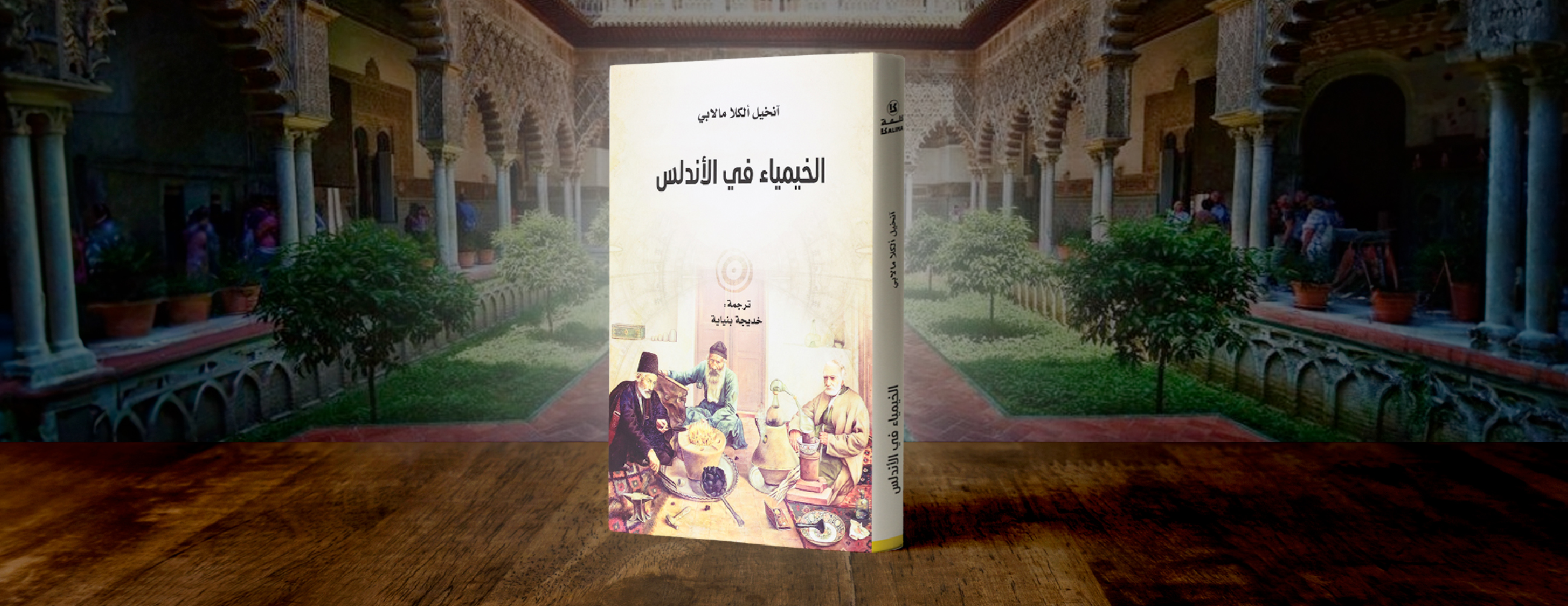The Abu Dhabi Arabic Language Centre (ALC), part of the Department of Culture and Tourism - Abu Dhabi (DCT Abu Dhabi), has published the Arabic translation of the book "La Alquimia en Al Ándalus" by Spanish author Angel Alcalá Malavé. The book was translated by Khadija Benyaya, as part of the "Kalima" translation project.
The book highlights an important period in which Andalusia became the lodestar in several disciplines of science and the arts, during which Islam held the torch after the Roman Empire. The period is regarded as an essential historical source of Andalusia's history of alchemy as well as the contributions of Muslim intellectuals and other scholars from various civilizations, making Córdoba a scientific hub.
“La Alquimia en Al Ándalus" is recognised for its scientific and historical approach to the subject, as well as its accurate information on the contributions of Muslim experts in this field. It is also notable for shedding light on the artistic and literary aspects of Islamic Alchemy.
The book covers the role of Andalusian Alchemists in Andalusia's scientific and radiant renaissance, which culminated in the age of Abdul Rahman III, who created the Tree of Knowledge and established a culture of harmony among the three heavenly religions. This is in addition to their contributions to spreading the Islamic civilization to Europe through the translations of scientific works by Arabs in the Latin Middle Ages.
The book offers an in-depth exploration of the impact of Andalusia and Islam on Alchemy through the views of some hundred intellectuals and herbalists, including: Ibn Rushd, Ibn Masarra, Ibn al-Khatib, and Al-Zahrawi. Furthermore, it takes a journey through its mythological roots, beginning with the personality of Hermes and continuing through the schools of Alexandria, Andalusia, and Christian Europe.
The chapters of the book cover various historical periods and includes analysis on scholars who worked Alchemy in Andalusia but did not receive adequate care and attention, casting a shadow on the quantity and quality of specialised studies on the subject.
The author observes that these creators were unfairly treated and deserved a greater chance to reflect on their accomplishments. To address this, he introduced their works, including those by Maslama al-Majriti, Abu al-Samh al-Gharnati, Ibn al-Saffar, al-Kirmani, al-Zahrawi, and others. The author also researched alchemists known in Andalusia from the era of Abd al-Rahman al-Dakhil in 756 to the fall of the Caliphate in 1030.
Angel Alcala Malave was born in Malaga, Spain, in 1968. He is a journalist and homoeopath who specialises in philosophy, medicine, and mysticism. He was a Professor of Communication Philosophy and Public Opinion at the University of Piura in Peru, and he is the author of several books and publications, including: “España, o, La conciencia maltratada (Colección Nueva crónica)” (1997) and "Origen alquímico de la homeopatía y terapia floral: de Egipto a Platón, de al-Ándalus a Edward Bach" (2011).
Khadija Benyaya, a translator, was born in Belyounech, Tetouan, in northern Morocco. She graduated with a BA in Spanish Literature in (1995) and a Diploma in Advanced Studies in (1997). She also has a PhD in Spanish Language and Literature from the University of Granada in Spain for her thesis, "A Study of Christian and Islamic Mysticism Through the Works of Ibn Arabi Al-Mursi and Saint John of the Cross". She works in secondary education at Morocco's Ministry of National Education and has been a teacher of Spanish since 1996.
![alc-default-cursor]()

